What makes America great?
Theodore Roosevelt explains.
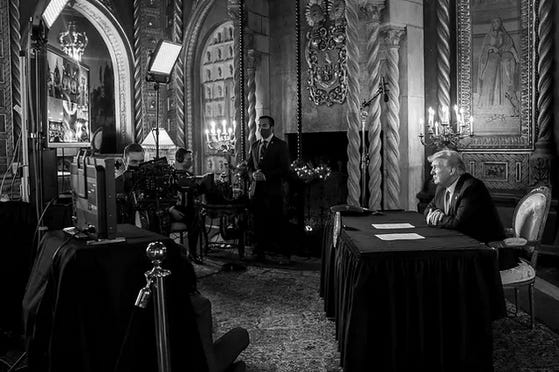
“We cannot be content to rot by inches in ignoble ease within our borders,
taking no interest in what goes on beyond them,
sunk in a scrambling commercialism.
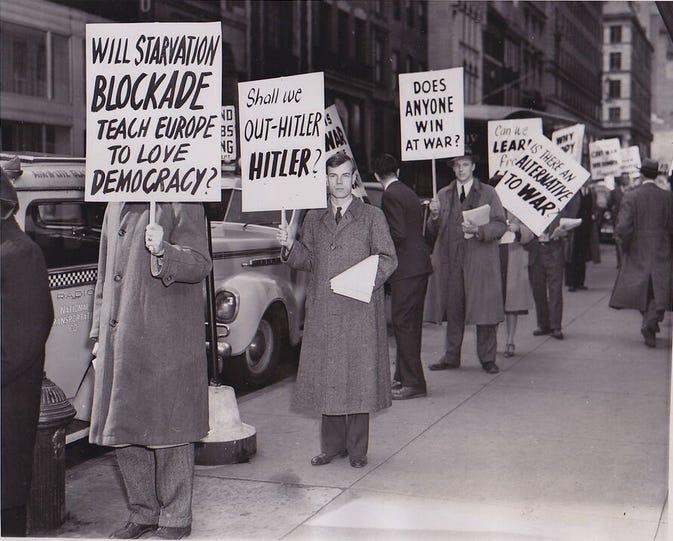
If we are to be a really great people,
we must strive in good faith to play a great part in the world.
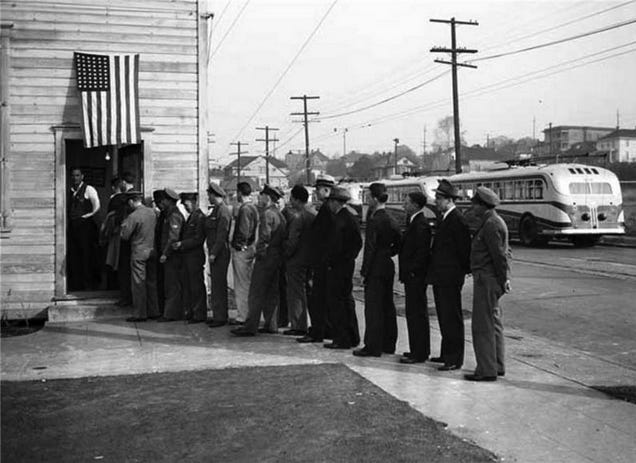
We cannot avoid meeting great issues.
All we can decide is whether we shall meet them in a way
that will redound to the national credit,
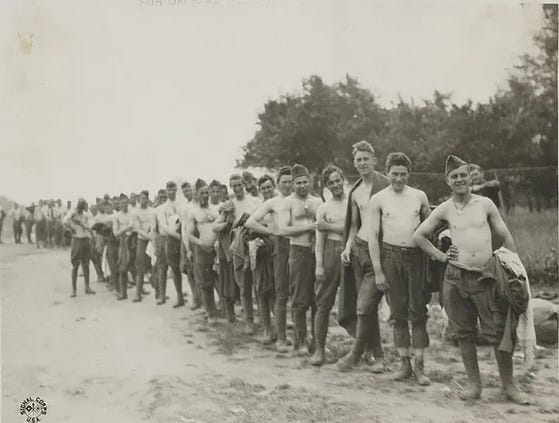
or [be] a dark and shameful page in our history.
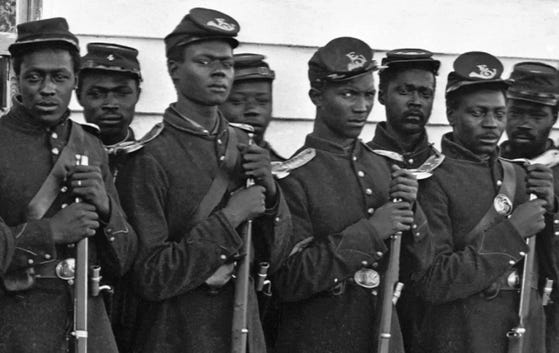
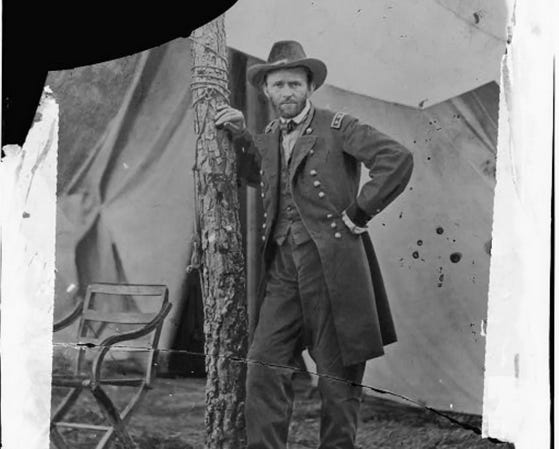
The timid man, the lazy man, the man who distrusts his country,
the over-civilized man, who has lost the great fighting, masterful virtues,
the ignorant man, and the man of dull mind
-all these, of course, shrink from seeing the nation undertake its duties.

These are the men who fear the strenuous life,
who fear the only national life which is really worth leading.
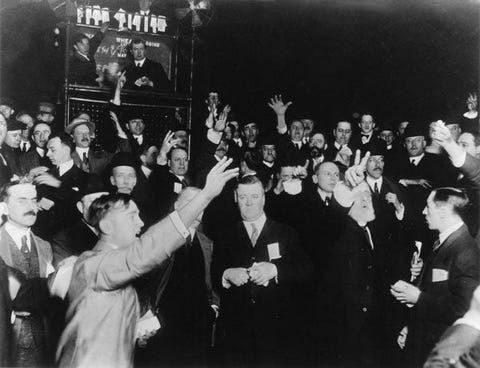
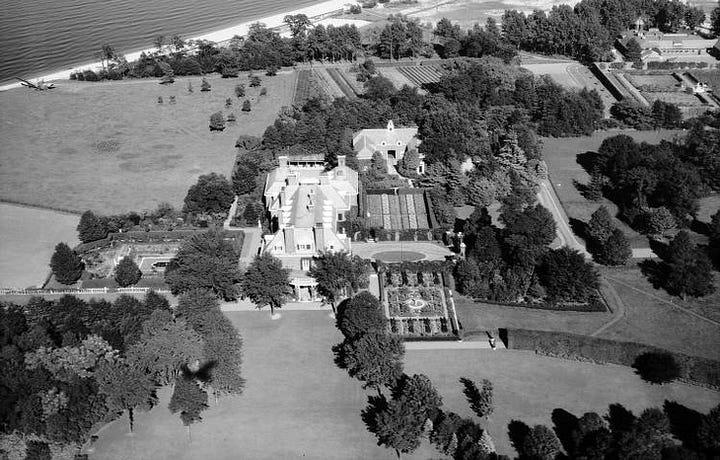
They are wedded to that base spirit of gain and greed
which recognizes in commercialism the be-all and end-all of national life,
instead of realizing that, though an indispensable element, it is, after all,
but one of the many elements that go to make up true national greatness.
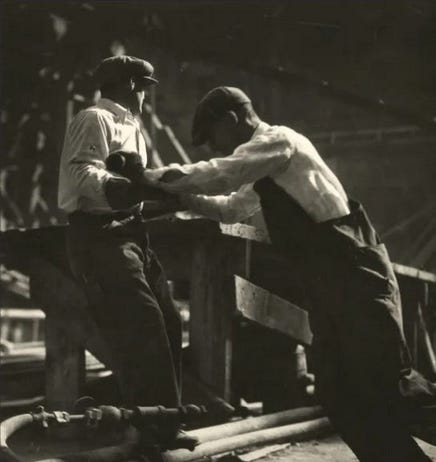
No country can long endure if its foundations are not laid deep in the material prosperity which comes from thrift,
from business energy and enterprise,
from hard, unsparing effort in the fields of industrial activity;
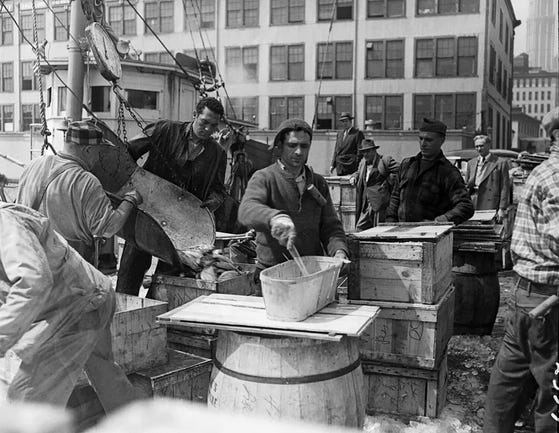
but neither was any nation ever yet truly great
if it relied upon material prosperity alone.
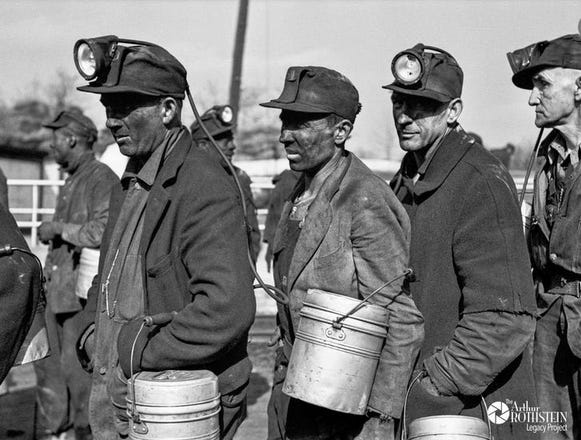
We cannot sit huddled within our own borders
and avow ourselves merely an assemblage of well-to-do hucksters
who care nothing for what happens beyond.
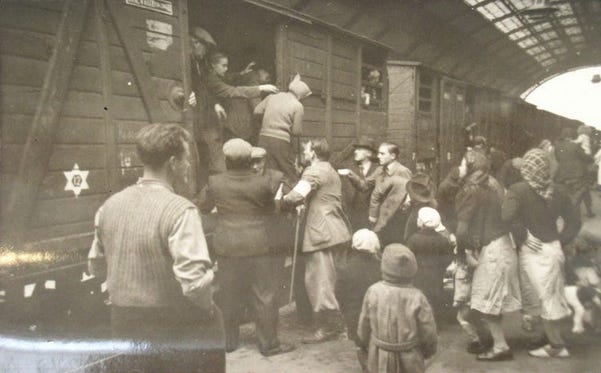
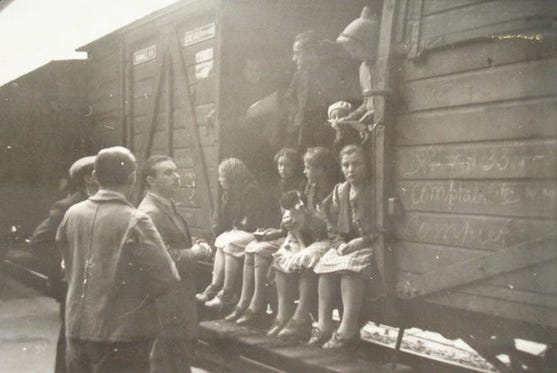
The work must be done;
we cannot escape our responsibility;
and if we are worth our salt, we shall be glad of the chance to do the work.
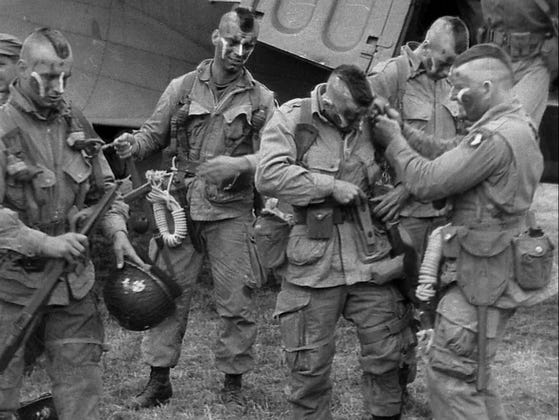
Above all, let us, as we value our own self-respect,
face the responsibilities with proper seriousness, courage, and high resolve.
We must demand the highest order of integrity and ability
in our public men who are to grapple with these new problems.
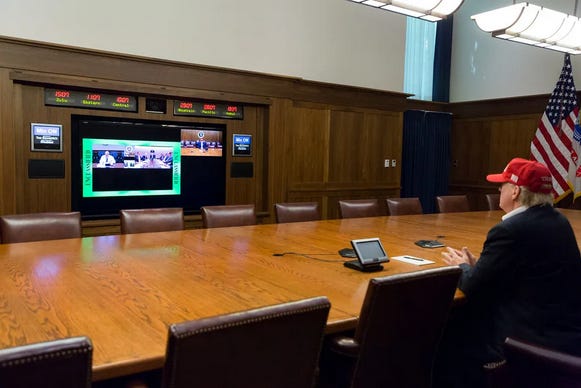
We must hold to a rigid accountability those public servants
who show unfaithfulness to the interests of the nation
or inability to rise to the high level of the new demands
upon our strength and our resources.”
******************************
I’ll see you tomorrow.
— Brenda
“The Strenuous Life,” an address given by Theodore Roosevelt, Governor of New York, to Chicago’s Hamilton Club, April 10, 1899.



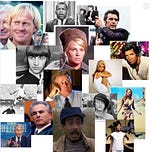










Share this post